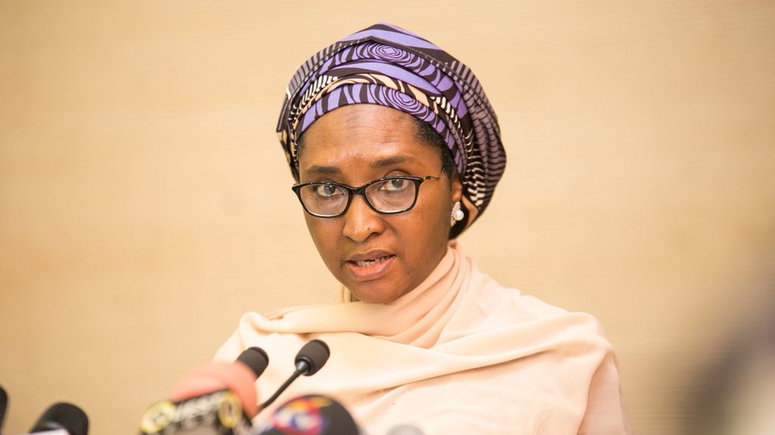Fuel Scarcity Worsens: Long Queues Resurface in Lagos, Abuja, Kano

By Emmanuel Kwada
Fuel scarcity has worsened in Nigeria, with long queues resurfacing in Lagos, Abuja, and Kano. The situation has led to a surge in black market sales, with fuel selling for 1,500 naira in Katsina and 1,200 naira in Nasarawa.
Many Nigerians have taken to social media to express their frustration and anger at the situation.
Sometimes I ask myself if we don’t have crude oil 🛢️, probably we won’t be having fuel scarcity every now and then. NNPC should quickly look into it.
— capsules For living (@OluwasheyiO) August 19, 2024
“I have been here since morning, and they said they don’t sell in gallons. My fuel in the shop has finished,” lamented the owner of Blessed Computer Business Center, Nyanya, Abuja, holding his hands in frustration as he returned to his shop with an empty gallon.
6th Largest exporter of crude oil in the world 🌎, suffering from its blessing.
— MusaJidda (@musajidda) August 19, 2024
According to Billy Gillis-Harry, President of the Petroleum Products Retail Outlets Owners Association (PETROAN), oil marketers are facing supply constraints and can only distribute what they have. He attributed the scarcity to logistics challenges, including ship-to-ship transfer issues.
However, he noted that until the logistics issues are resolved, the scarcity will persist
Gillis-Harry assured that marketers are in talks with the Nigerian National Petroleum Company Limited (NNPCL) to address the supply challenges. However, he noted that until the logistics issues are resolved, the scarcity will persist.
The scarcity has led to increased transportation costs, with a liter of fuel selling for between 800-1,000 naira in some filling stations. Black market racketeers have taken advantage of the situation, selling fuel at exorbitant prices.
Reports had linked the scarcity to debt owed to international oil traders by NNPCL, but the company has denied this. NNPCL’s Chief Corporate Communications Officer, Olufemi Soneye, acknowledged that the company owes debts but is paying its obligations on a first-in-first-out basis.
The fuel scarcity has caused widespread hardship, with many Nigerians struggling to access fuel for their daily needs. The situation remains uncertain, with no clear end in sight.
The Insight Report
Nigeria Coverage



